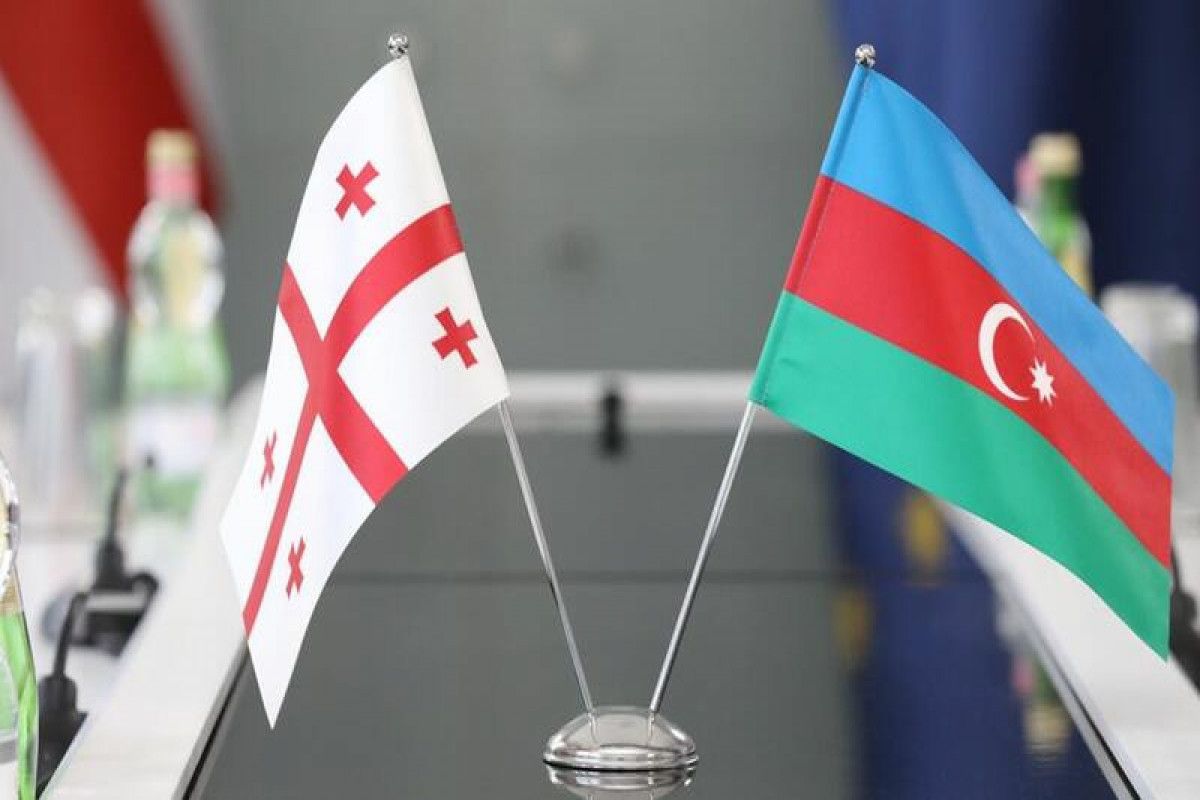WNAM REPORT: On August 13, 2024, a significant development in regional transport was announced with the establishment of “BTKI Railways” LLC, a joint venture between Azerbaijan Railways JSC (ADY) and Georgia’s “Marabda-Kartsakhi Railway” LLC. This new enterprise aims to optimize operations on the Baku-Tbilisi-Kars (BTK) railway, enhance cargo efficiency, and strengthen transport links across the Middle Corridor. Here’s a detailed look at the economic benefits and strategic implications of this venture for the involved countries and beyond.
The BTKI Railways joint venture marks a pivotal step in fortifying the Middle Corridor—a key route connecting China to Europe through Azerbaijan, Georgia, and Turkey. This corridor has emerged as a critical component of the global supply chain, especially under China’s “One Belt, One Road” initiative. By improving the BTK railway’s infrastructure and operational efficiency, the new venture enhances the corridor’s role as a viable alternative to traditional routes dominated by Russia.
For Azerbaijan and Georgia, the joint venture represents several strategic and economic advantages:
Increased Freight Capacity: The recent expansion of the BTK railway has significantly increased its annual handling capacity from 1 million tons to 5 million tons. This expansion is poised to boost trade volumes, which will benefit both Azerbaijan and Georgia economically by increasing transit revenue and enhancing trade opportunities.
Enhanced Regional Influence: By managing the Marabda-Kartsakhi section of the BTK railway, the joint venture strengthens the regional influence of both countries in the global logistics sector. Efficient operations and improved infrastructure will attract more international cargo, reinforcing their positions as pivotal transit hubs between Asia and Europe.
Economic Diversification: The improved railway infrastructure supports economic diversification in both countries. Azerbaijan and Georgia can leverage this strategic asset to foster economic growth in other sectors, including tourism and manufacturing, by improving connectivity and reducing transportation costs.
The benefits of this venture extend beyond Azerbaijan and Georgia to Central Asian and European markets:
Reduced Transit Times: The BTK railway is now the shortest route between China and Europe. Enhanced infrastructure and management will reduce cargo transit times by more than half, offering significant time savings for businesses and reducing overall shipping costs.
Access to Global Markets: Central Asian countries such as Turkmenistan, Kazakhstan, Uzbekistan, Kyrgyzstan, Tajikistan, and Afghanistan will benefit from improved access to European and global markets. This opens new avenues for trade and economic engagement, supporting regional economic development.
Support for Global Trade Routes: The BTK railway’s role in global trade is amplified through its integration with the Middle Corridor. By facilitating smoother and more reliable freight movement, the railway supports the broader goals of international trade and economic cooperation.
The BTKI Railways venture is more than just an infrastructure project; it’s a strategic initiative with long-term implications for regional stability and economic development:
Regional Cooperation: This joint venture exemplifies successful regional cooperation, setting a precedent for future collaborations between countries with shared economic interests. It highlights the potential for such partnerships to drive mutual benefits and regional integration.
Economic Stability: By enhancing the efficiency of the BTK railway, Azerbaijan and Georgia contribute to regional economic stability. Reliable transport links support trade, foster investment, and encourage sustainable development practices.
Alignment with Global Initiatives: The venture aligns with global trade initiatives, including China’s “One Belt, One Road,” and contributes to the strategic objectives of enhancing connectivity between Asia and Europe.
In conclusion, the establishment of BTKI Railways LLC is a significant milestone in regional transport and economic development. It underscores the growing importance of the Middle Corridor as a major international trade route and highlights the benefits of collaborative infrastructure projects for Azerbaijan, Georgia, and the broader Central Asian and European markets. Through enhanced connectivity and operational efficiency, this joint venture is poised to play a key role in shaping the future of global trade and regional economic growth.


